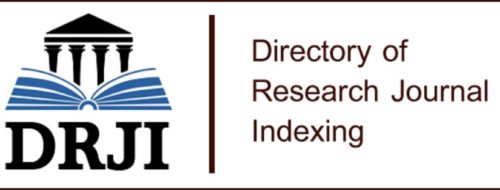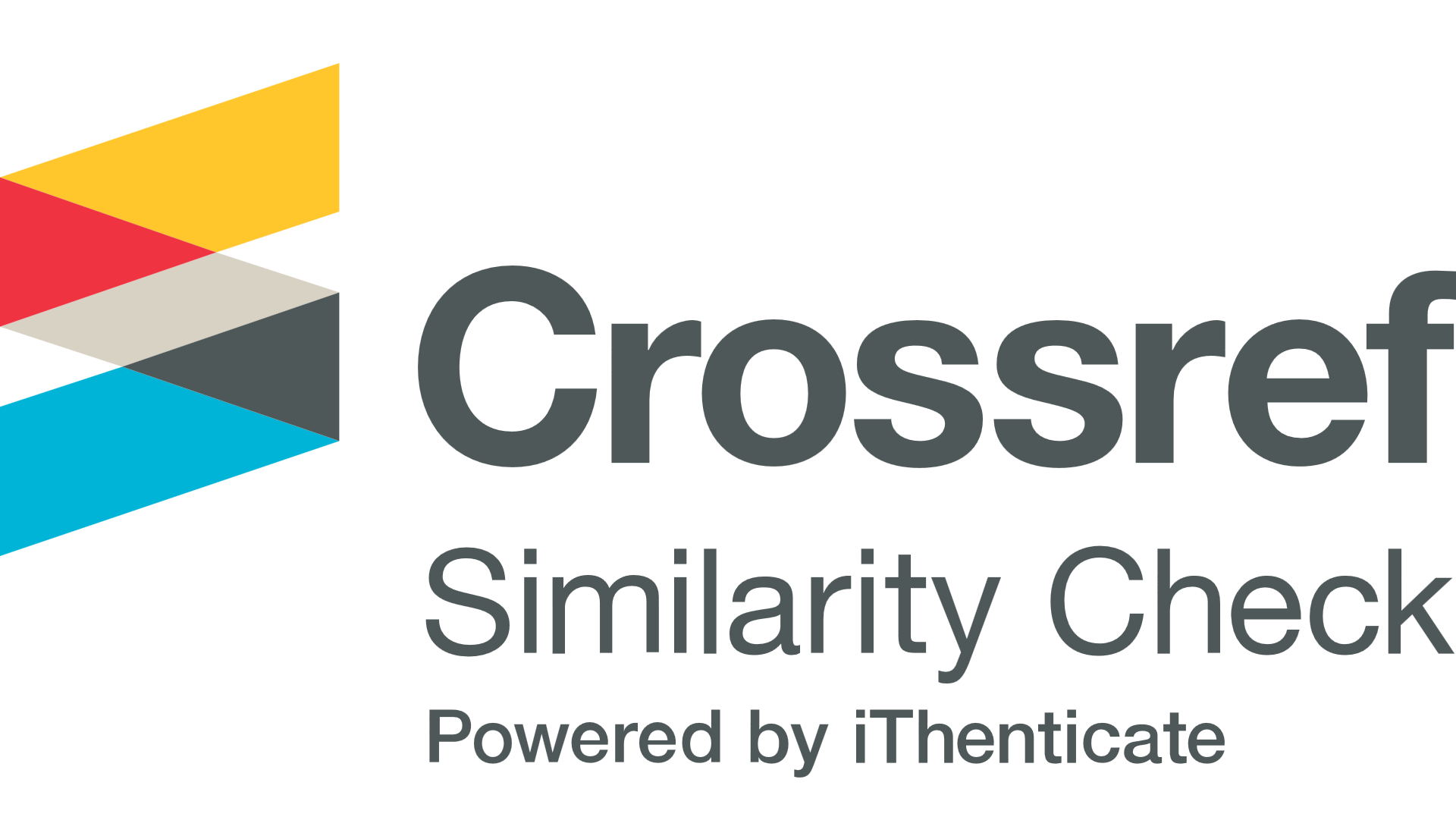IMPLEMENTATION OF AN ENERGY MANAGEMENT SYSTEM FOR HIGHER EDUCATION INSTITUTES
Keywords:
Energy management, consumption reduction, carbon footprint, energy cultureAbstract
The aim of this research was to design an Energy Management System (SGEn) for the Instituto Superior Tecnológico Luis Arboleda Martínez, in order to promote the efficient and rational use of energy, mitigate energy consumption and reduce CO2 emissions. A literature review on energy management methodologies in buildings was conducted and a specific methodology was developed for higher education institutions, which was applied in the institution establishing an energy policy, objectives, goals and action plans. Among the results obtained, an 11% reduction in energy consumption was achieved in the first 3 months of implementation compared to the same period of the previous year, representing a savings of 9,300 kWh and a reduction of 9,231 kg of CO2 equivalent emissions. It is concluded that the proposed SGEn was effective in improving the institution's energy efficiency, optimizing the use of electrical energy and instilling a culture of energy responsibility in students and staff. It is recommended to include efficient technologies and replicate the implementation of the SGEn in other educational institutions to obtain similar results.
Keywords: Energy management, consumption reduction, carbon footprint, energy culture.
References
ARCONEL. (2019). Estadística Anual y Multianual del sector Eléctrico Ecuatoriano, Quito.
Arroyo M, F. R., & Miguel, L. J. (2020). The trends of the energy intensity and CO2 emissions related to final energy consumption in Ecuador: Scenarios of national and worldwide strategies. Sustainability, 12(1), 20.
Bustos Burgos, M. J., Sánchez, C., & Darwin, D. (2017). Sistema de Gestión de Eficiencia Energética basado en la NORMA ISO 50001 en la FIQ-UG Universidad de Guayaquil, Facultad de Ingeniería Química.].
Carballo Torres, M. X., Cristales Armas, M. O., & Ramírez Meléndez, O. E. (2019). Diseño de un sistema de gestión energética basado en la norma ISO 50001 para la Facultad de Ingeniería y Arquitectura de la Universidad de El Salvador Universidad de El Salvador].
Correa Álvarez, P. F., González, D., & Pacheco Alemán, J. G. (2016). Energías renovables y medio ambiente: Su regulación jurídica en Ecuador. Revista Universidad y Sociedad, 8(3), 179-183.
Díaz Alonso, M. B. (2016). Gestión energética de un edificio universitario, aplicando la ISO 50001.
Espinosa, V. M., Hernández, J. R. H., & Espinoza, J. C. T. (2018). Gestión de la eficiencia energética en las edificaciones del Ecuador. Opuntia Brava, 10(4), 309-314.
Ferrari, S., Bruni, E., & Bramonti, L. (2020). Effective implementation of ISO 50001: a case study on energy management for heating load reduction for a social building stock in Northern Italy. Energy Buildings, 110029.
Galván, G. A. V., & Granja, A. V. (2017). Programa piloto para la gestión energética en instituciones educativas del departamento del Tolima. Teknos revista científica, 17(1), 47-58.
Global Alliance for Buildings and Construction. (2019). Global Status Report for Buildings and Contructions.
Larraondo Andaluz, N. (2019). Auditoría Energética e implantación del Sistema de Gestión Energética en un edificio de oficinas.
León Segovia, M. A. (2013). Dinámica de la gestión energética en el campus Matriz de la Universidad Técnica de Cotopaxi. Período 2012-2013. Propuesta de un sistema de gestión total del uso eficiente de energía eléctrica (Master's thesis, Ecuador: Latacunga: Universidad Técnica de Cotopaxi: Dirección de Posgrados.).
Lupiola, A. G. (2019). Los retos de la seguridad energética y el cambio climático: hacia una economía europea sostenible. Cuadernos Europeos de Deusto (60), 305-339.
Martínez, F. J. R., Gómez, E. V., & HERNÁNDEZ, J. M. R. (2018). Eficiencia energética de los edificios. Sistema de gestión energética ISO 50001. Auditorías energéticas. Ediciones Paraninfo, SA.
Rey Hernández, J. M., Rey Hernández, A., Velasco, E., San José, J., & Rey Martinez, F. J. (2017). Propuesta de la certificación energética, mediante simulación dinámica, como herramienta de gestión energética ISO 50001 Versus auditoria energética en edificios.
Schneider Electric. (2011). Los edificios consumen más del 40% de la energía a nivel mundial,» Electricidad La revista energética de Chile.
Shaikh, P. H., Nor, N. B. M., Nallagownden, P., Elamvazuthi, I., Ibrahim, T. J. R., & Reviews, S. E. (2014). A review on optimized control systems for building energy and comfort management of smart sustainable buildings. 34, 409-429.
Villanueva, B. R., Salvador, M. B., & Huelgas, R. G. (2019). Cambio climático y salud. Revista Clínica Española, 219(5), 260-265.
Published
How to Cite
Issue
Section
License
Copyright (c) 2023 Scientific Journal INGENIAR: Engineering, Technology and Research

This work is licensed under a Creative Commons Attribution-NonCommercial-ShareAlike 4.0 International License.

















